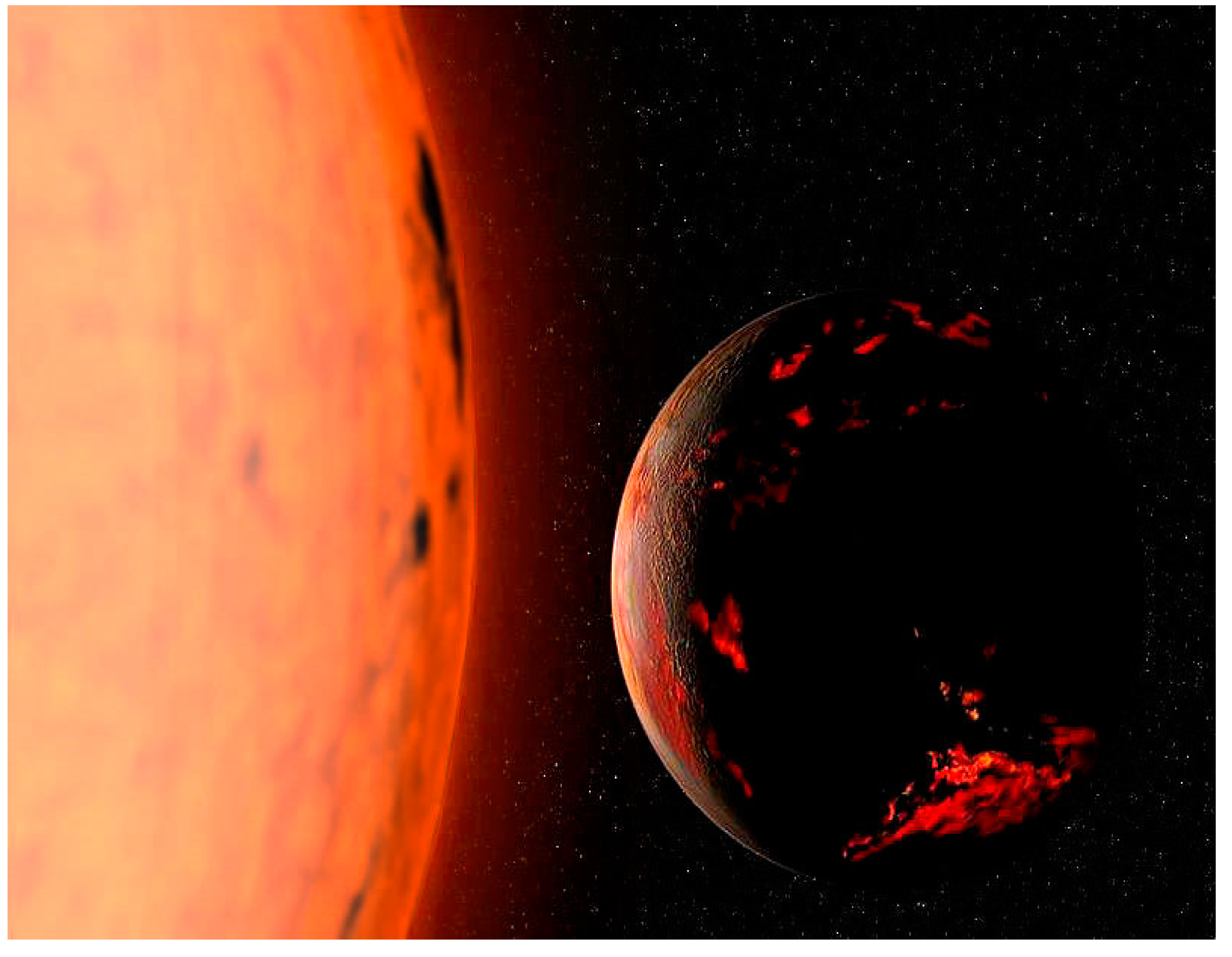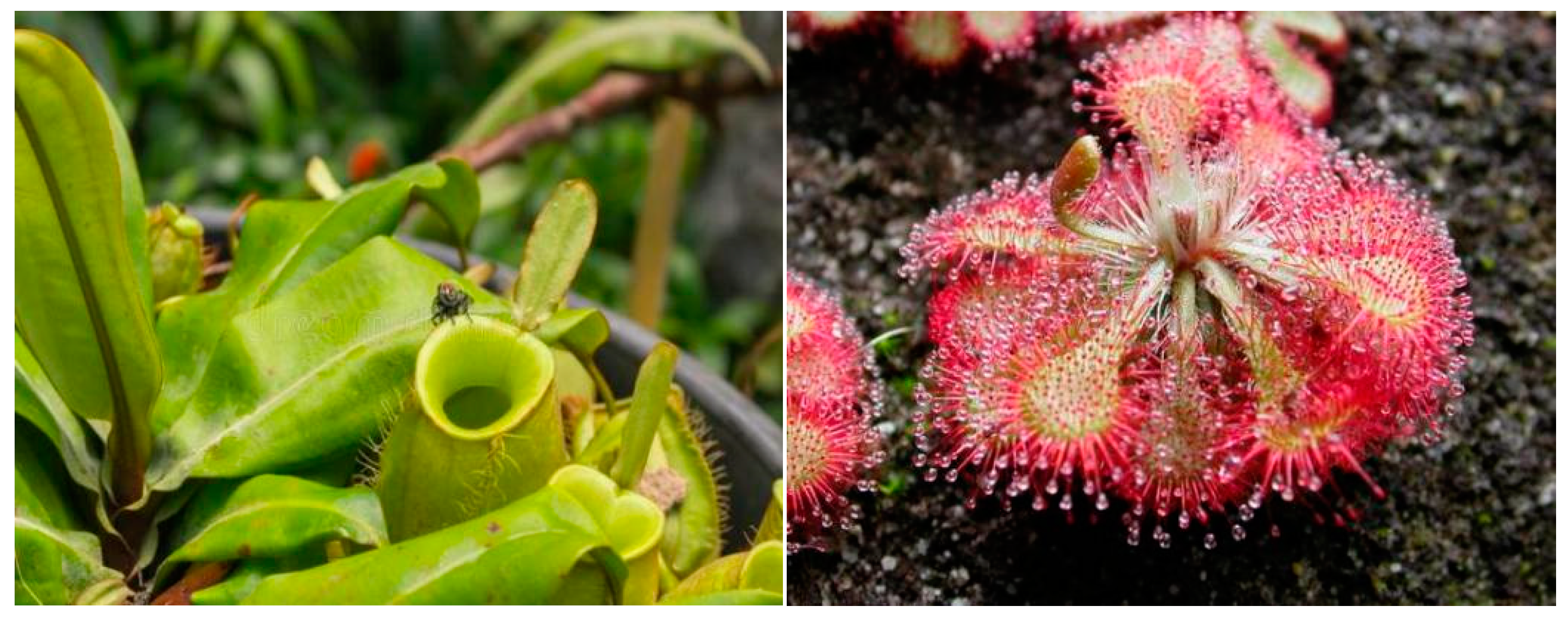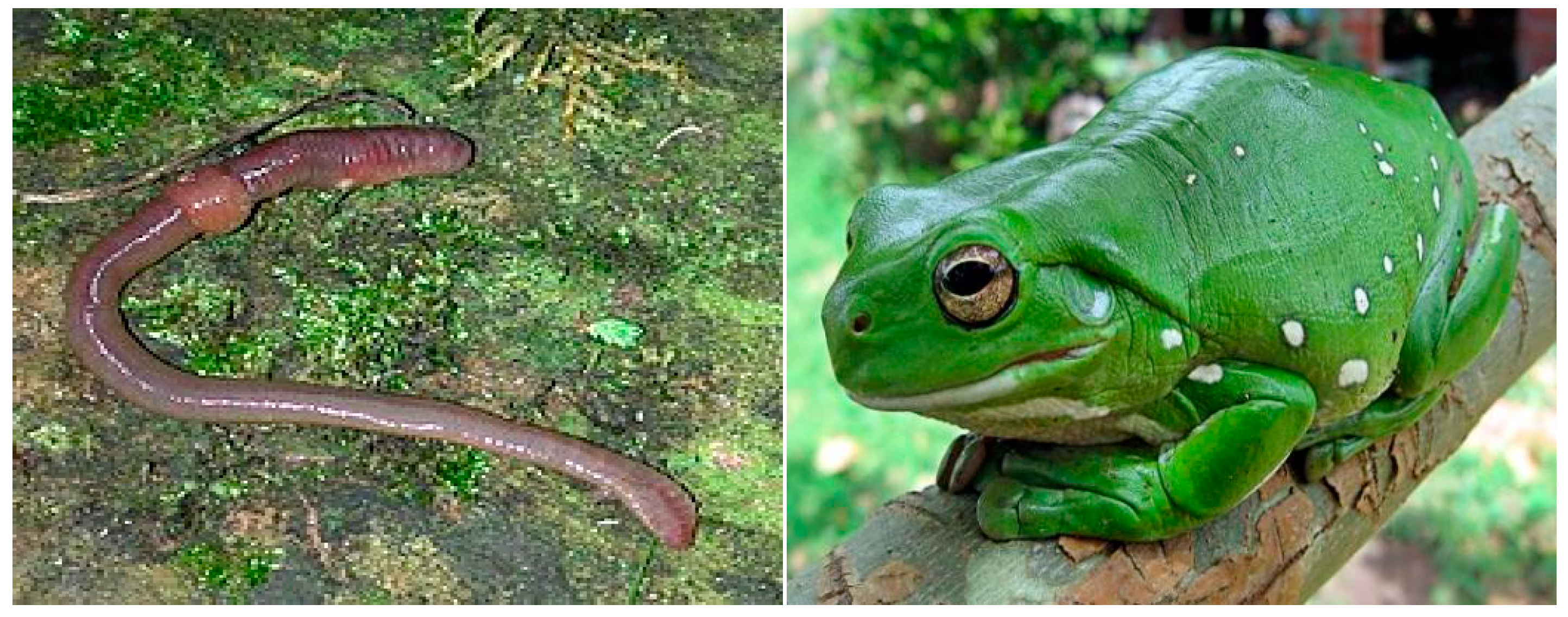Submitted:
16 June 2023
Posted:
19 June 2023
You are already at the latest version
Abstract
Keywords:
METHODS
RESULTS
3.1. An assumption proposed
3.2. Finding proof
3.2.1. Human beings cannot travel to the nearest exoplanet to Earth within their lifetime
3.2.2. Plants are better adapted to the environment than animals
3.2.3. The distinction between animals and plants is not clear
3.2.4. Green skin
3.2.5. Blue blood
3.2.6. Synthetic Biology and AI
4. DISCUSSION
4.1. This study is interdisciplinary
4.2. This study involves humans and animals
4.3. A discussion on Hawking’s argument
4.4. Ten exploring points
4.5. The Anthropological classification of plant-like astronauts
4.6. Eight unavoidable steps
5. CONCLUSION
AUTHOR CONTRIBUTIONS
FUNDING INFORMATION
COMPETING INTERESTS
DATA AVAILABILITY
INCLUSION AND DIVERSITY
References
- Bertolami, M.M.M.; Battich, T.; Córsico, A.H.; Christensen-Dalsgaard, J.; Althaus, L.G. Asteroseismic signatures of the helium core flash. Nat. Astron. 2020, 4, 67–71. [Google Scholar] [CrossRef]
- Fadeyev, Y.A. Radial Pulsations of Stars at the Stage of the Final Helium Flash. Astron. Lett. 2019, 45, 655–663. [Google Scholar] [CrossRef]
- Romanovskaya, I.K. Migrating extraterrestrial civilizations and interstellar colonization: implications for SETI and SETA. Int. J. Astrobiol. 2020, 21, 163–187. [Google Scholar] [CrossRef]
- D. A. Howard, Einstein’s Philosophy of Science, Stanford Encyclopedia of Philosophy, (2019). Available online: https://plato.stanford.edu/entries/einstein-philscience/.
- M. Heinemann, S. M. Heinemann, S. Panke, Synthetic biology,Bioinformatics,22(22), 2790-2799 (2006).
- Georgianna, D.R.; Mayfield, S.P. Exploiting diversity and synthetic biology for the production of algal biofuels. Nature 2012, 488, 329–335. [Google Scholar] [CrossRef] [PubMed]
- Kwok, R. Five hard truths for synthetic biology. Nature 2010, 463, 288–290. [Google Scholar] [CrossRef]
- Singh, Deep learning 3D structures, Nature Method, 17, 249. (2020). Available online: https://www.nature.com/articles/s41592-020-0779-y.
- Assignment Point, Teegarden’s Star b – an Exoplanet, (2023). Available online: https://assignmentpoint.com/teegardens-star-b-an-exoplanet/.
- Spaceflight Spacecraft Overview, (2023). Available online: https://spaceflight101.com/newhorizons/spacecraft-overview/.
- S. V. Valerie, What Is a Light-year? (2022). Available online: https://science.howstuffworks.com/dictionary/astronomy-terms/question94.htm.
- Fermi Paradox. (n.d.). In Wikipedia (2020). Available online: https://en.wikipedia.org/wiki/Fermi_paradox.
- S. Hawking, Brief Answers to the Big Questions. John Murray Publisher (2018).
- M. Baisultanova, et al., Preliminary analysis of the solar cosmic ray increase on , 1989, based on neutron monitors’ data. Preprint, 24, 909. (1990). 29 September.
- Collins Dictionary of Biology, 3rd ed (2005). Available online: https://medical-dictionary.thefreedictionary.com/cutaneous+respiration.
- Maginniss, L.A.; Booth, D.T. Hemoglobin function in a skin-breathing aquatic salamander, Desmognathus quadramaculatus. Respir. Physiol. 1995, 99, 233–240. [Google Scholar] [CrossRef] [PubMed]
- Moalli, R.; Meyers, R.S.; Ultsch, G.R.; Jackson, D.C. Acid-base balance and temperature in a predominantly skin-breathing salamander, cryptobranchus alleganiensis. Respir. Physiol. 1981, 43, 1–11. [Google Scholar] [CrossRef]
- Boutilier, R.G.; Toews, D.P. Respiratory properties of blood in a strictly aquatic and predominantly skin-breathing urodele, Cryptobranchus alleganiensis. Respir. Physiol. 1981, 46, 161–176. [Google Scholar] [CrossRef]
- Romer, A.S. Skin breathing — Primary or secondary? Respir. Physiol. 1972, 14, 183–192. [Google Scholar] [CrossRef]
- Z. Q. Huang, Breathe. In Encyclopedia of China (Beijing: China Encyclopedia Publishing House)(in Chinese) (2000).
- Liu, M.; Ma, W.; Su, X.; Zhang, X.; Lu, Y.; Zhang, S.; Yan, J.; Feng, D.; Ma, L.; Taylor, A.; et al. Mutation in a chlorophyll-binding the motif of Brassica ferrochelatase enhances both heme and chlorophyll biosynthesis. Cell Rep. 2022, 41, 111758. [Google Scholar] [CrossRef]
- Anonymous, For the discovery of photosynthetic animal, Nature Exploration (in Chinese), No.4 (1986).
- Anonymous, Ocean wonders of 2021, NEWSDAY (2022). Available online: https://newsday.co.tt/2022/01/06/ocean-wonders-of-2021/.
- Jiangsu Provincial Institute of Botany, The Compendium of Materia Medica, Shanghai Science and Technology Press (1991).
- M. G. Gao, Green hydra was first discovered in China, Biological Notification, 4, 49 (1987). CNKI:SUN: SWXT.0.1987-04-036. Available online: https://xueshu.baidu.com/usercenter/paper/show?paperid=07d42b3f49bf7bb0deed958c4fd230bd&site=xueshu_se.
- S. C. Zhou, Chemical model of hemocyanin, Science news (in Chinese), 10, 13 (1986).
- Fang, L.-S.; Bada, J.L. The blue-green blood plasma of marine fish. Comp. Biochem. Physiol. Part B: Comp. Biochem. 1990, 97, 37–45. [Google Scholar] [CrossRef]
- Yamaguchi, K.; Hashimoto, K.; Matsuura, F. Identity of blue pigments obtained from different tissues of the sculpin, Pseudoblennius percoides Günther. Comp. Biochem. Physiol. Part B: Comp. Biochem. 1976, 55, 85–87. [Google Scholar] [CrossRef]
- Cameron, J.N.; Batterton, C.V. Temperature and blood acid-base status in the blue crab, Callinectes sapidus. Respir. Physiol. 1978, 35, 101–110. [Google Scholar] [CrossRef]
- Coates, C.J.; Nairn, J. Diverse immune functions of hemocyanins. Dev. Comp. Immunol. 2014, 45, 43–55. [Google Scholar] [CrossRef]
- Pick, C.; Schneuer, M.; Burmester, T. Ontogeny of hemocyanin in the ovoviviparous cockroach Blaptica dubia suggests an embryo-specific role in oxygen supply. J. Insect Physiol. 2010, 56, 455–460. [Google Scholar] [CrossRef]
- W. Szybalski, A. W. Szybalski, A. Kohn, A. Shatkay, Control of gene expression, Plenum Press, New York (1974), pp. 23, 404, 405, 411, 412, 415–417.
- Benner, S.A.; Yang, Z.; Chen, F. Synthetic biology, tinkering biology, and artificial biology. What are we learning? Comptes Rendus Chim. 2011, 14, 372–387. [Google Scholar] [CrossRef]
- Corl, Call for papers: AI for Synthetic biology, (2020). Available online: https://axial.acs.org/biology-and-biological-chemistry/call-for-papers-ai-for-synthetic-biology.
- E. Musk, (2022). Available online: https://open.163.com/newview/movie/free?mid=ZHO1QGQ2F&pid=RHO1QGQ15.
- Sun, T. Hydrogen ice within lunar polar craters. Int. J. Hydrogen Energy 2022, 47, 34825–34830. [Google Scholar] [CrossRef]
- Sun, T. Flying Fox: The Animal Origin of SARS-CoV. J. Clin. Epigenetics 2018, 4. [Google Scholar] [CrossRef]
- Sun, T. On Native Origin of the American Indians. Open J. Appl. Sci. 2016, 06, 636–647. [Google Scholar] [CrossRef]
- T. X. Sun, Rift Evolutionism (in Chinese). Chengdu: Sichuan Science & Technology Press. ISBN: 7-5364-5411-2 (2004).
- Anonymous, How Can Cockroaches Survive Nuclear Attacks? (2016). Available online: http://www.kekenet.com/read/201609/464042.shtml.
- Liu, L.N.; Zhang, X.J.; Zhu, Y.B.; Qin, C.M.; Zhao, Y.P.; Yuan, S.; Mao, Y.Z.; Li, M.H.; Chen, Y.; Cheng, J.; et al. Ion cyclotron emission diagnostic system on the experimental advanced superconducting tokamak and first detection of energetic-particle-driven radiation. Rev. Sci. Instruments 2019, 90, 063504. [Google Scholar] [CrossRef] [PubMed]
- Robb, The science of sex. Marie Claire (2010).
- Silvertown, J. The Evolutionary Maintenance of Sexual Reproduction: Evidence from the Ecological Distribution of Asexual Reproduction in Clonal Plants. Int. J. Plant Sci. 2008, 169, 157–168. [Google Scholar] [CrossRef]



Disclaimer/Publisher’s Note: The statements, opinions and data contained in all publications are solely those of the individual author(s) and contributor(s) and not of MDPI and/or the editor(s). MDPI and/or the editor(s) disclaim responsibility for any injury to people or property resulting from any ideas, methods, instructions or products referred to in the content. |
© 2023 by the authors. Licensee MDPI, Basel, Switzerland. This article is an open access article distributed under the terms and conditions of the Creative Commons Attribution (CC BY) license (http://creativecommons.org/licenses/by/4.0/).




